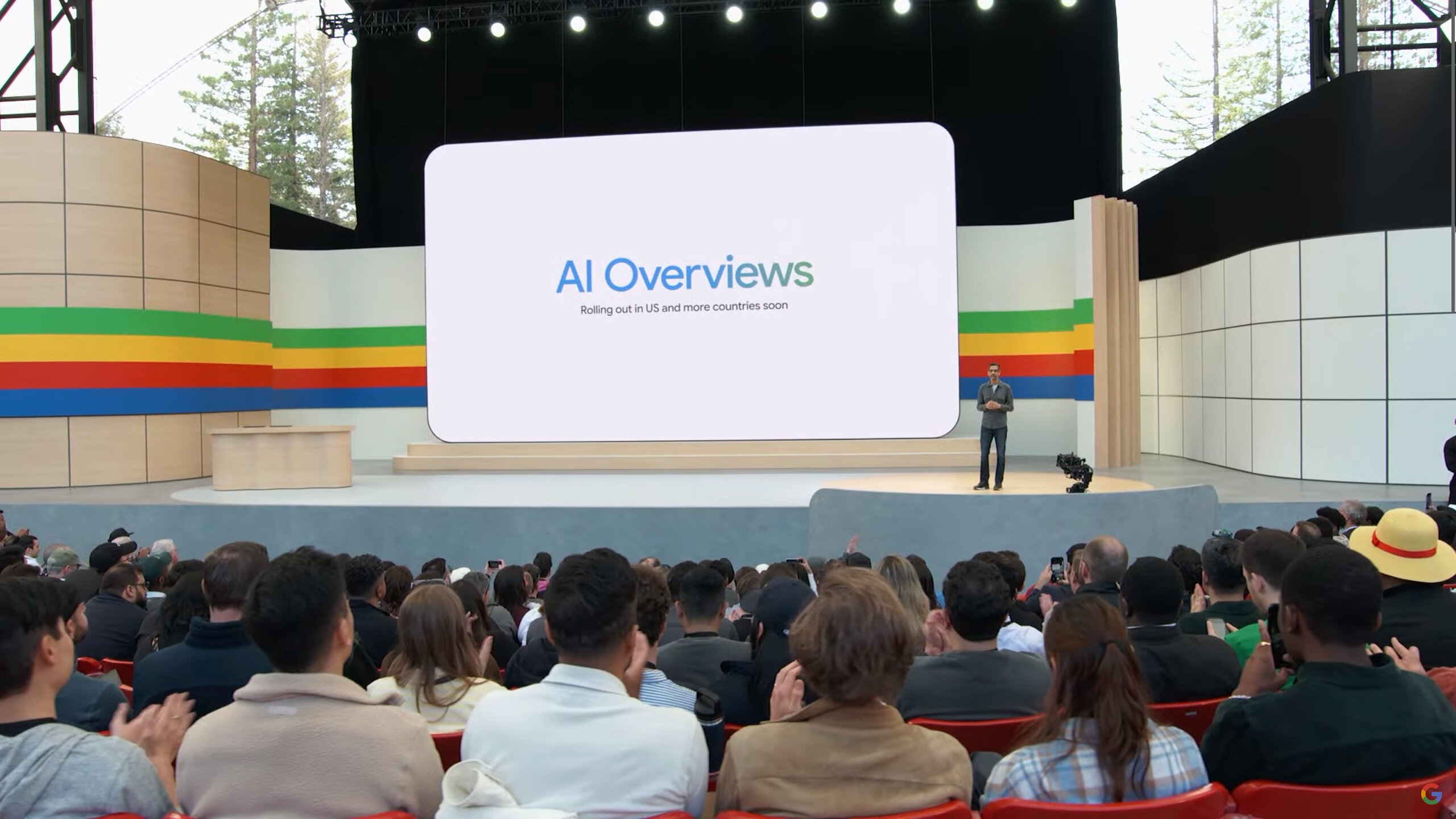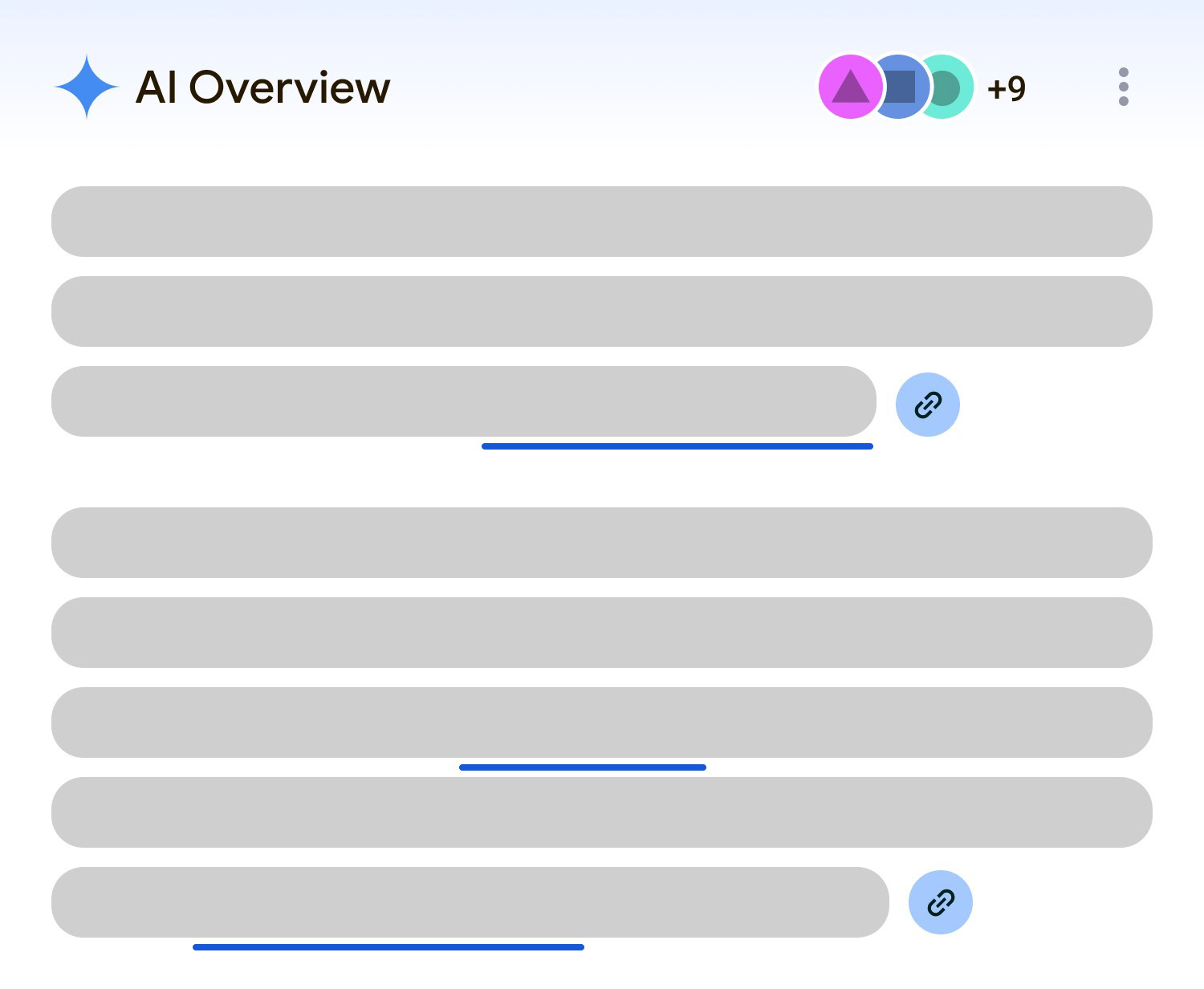Affiliate links on Android Authority may earn us a commission. Learn more.
Google's controversial AI Overviews are making a big international expansion

- Google is tweaking how AI Overviews present links to relevant source material.
- Some new tests try out the ability to save AIO results, and to request simpler versions of them.
- Access to AIO is expanding to six new nations over the weeks to come.
To say that Google’s attempt at integrating artificial intelligence into Search has had a mixed reception would be putting it mildly. Especially early on, AI Overviews (AIO) struggled with accuracy, sometimes showing users dangerously incorrect information, and while Google’s been working to limit where AIO gets its data from, we’ve also noticed the company downplaying AIO in Search results overall. Despite that bumpy road, Google is far from throwing in the towel, and today announces not just some new AIO features, but also the expansion of its availability to new nations.
The tweak you’ll probably notice first concerns how AIO displays links. Right now we’ve got these big, bulky boxes that appear under relevant sections of the AIO summary. Starting today, Google will begin showing a link icon over to the right of AIO passages. The company’s also considering just doing things the old-fashioned way with some classic inline links, which you might see as part of a limited test. Both changes are intended to help drive user engagement with these external resources.

If you’ve opted in to Search Labs for some serious AIO testing, Google’s got a couple more additions headed your way. For one, there’s a new “save” button that will let you store AIO results to refer to later. And back at I/O Google teased a “simpler” button that’s basically the AIO equivalent of Reddit’s “Explain Like I’m Five” sub — that new mode is finally ready for Labs testers to try out.

Over the next few weeks, Google will start featuring AIO results in Search for users in the United Kingdom, India, Japan, Indonesia, Mexico, and Brazil. The company emphasizes that it really wants to take its time here and make sure that users don’t get the same kind of troublesome responses that hurt AIO’s reputation when it debuted in the US.
That sure sounds like the right approach, but as our UK friends who are about to get AIO might put it: the proof is in the pudding. We’ll just have to keep our eyes out for user reports to really get a sense for how well this expansion goes.